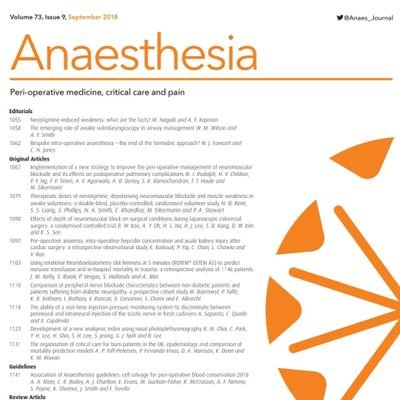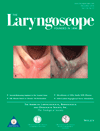
The German anesthesiologist Joachim Boldt has lost 20 more papers since January 2023, earning him the top spot in our leaderboard, with 184 retractions.
Boldt, readers may recall, was once one of the leading international figures in perioperative medicine. His work, particularly studies involving the use of fluid management during surgery, helped inform clinical guidelines that, thanks to his misdeeds, some experts believe may have put patients at risk for serious harm and even death.
Boldt has vaulted over another anesthesiologist, Yoshitaka Fujii, to take the crown (more on that in a moment) – although one might fairly ask: Why did it take so long?
Continue reading The new retraction record holder is a German anesthesiologist, with 184
 Journals have retracted all but 19 of the 313 tainted papers linked to three of the most notorious fraudsters in science, with only stragglers left in the literature. But editors and publishers have been less diligent when it comes to delivering optimal retraction notices for the affected articles.
Journals have retracted all but 19 of the 313 tainted papers linked to three of the most notorious fraudsters in science, with only stragglers left in the literature. But editors and publishers have been less diligent when it comes to delivering optimal retraction notices for the affected articles.  In 2012, investigations found that researcher
In 2012, investigations found that researcher 




